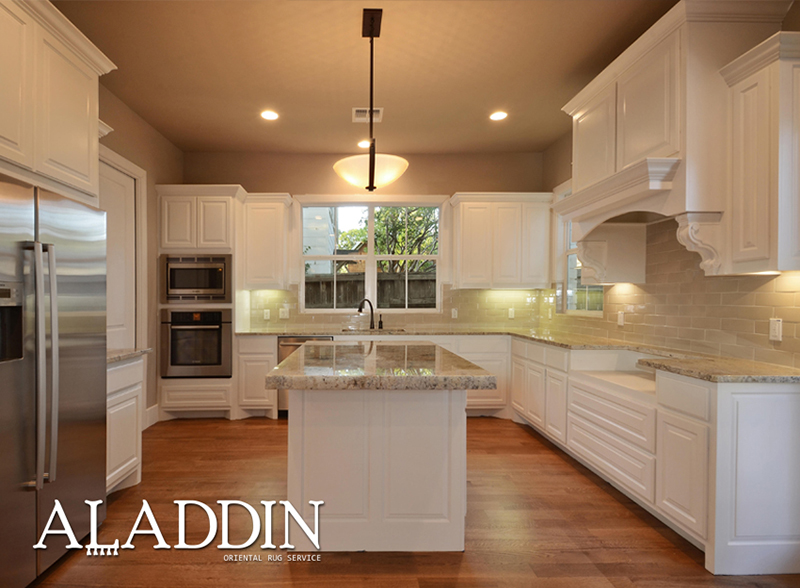Spring is the season for allergies. Even if you don’t have any dietary allergies, the inflow of pollen in spring months can trigger allergy symptoms in almost anyone. Common opinion holds that rugs and carpets are inherently more allergy provoking than hardwood floors, as the fibers in carpets are more supple and might carry more pollen or pet dander. However surprising, this is actually incorrect. Hardwood floors are actually much worse for allergy sufferers than carpeted floors – here’s some of the reasons why.
Hard Floors retain bacteria, germs, and allergens
Even if you regularly mop the floor, your mopping is only removing a layer of dust. Many other germs, bacteria, and allergy triggering substances can remain on the floor unless you very thoroughly clean the carpet with special cleaning solutions. Carpets, in many ways, are much much easier to clean.
Allergens are more Easily blown outward off Hard Surfaces
While carpets can be sufficiently cleaned with the use of detergent and water – or special vacuums that remove allergens, hardwood floors tend to produce more free floating allergens in the air – rather than being impacted within the soft material of a carpet, allergens are above the surface of hardwood floors, and can easily be blown off into the air with any sort of air current. All in all, in homes with hardwood floors, the air will be much more polluted with allergens.
Wood is Mold’s Best Friend
One of the more harmful allergens, mold, naturally grows on wood. Just the slightest amount of moisture on a wood floor – specifically those in bathrooms or kitchens, will eagerly invite the presence of mold. Mold can cause coughing, sneezing, and clogged sinuses – so if you have a hardwood floor, you’re going to need to be constantly vigilant in preventing any moisture at all to hit the floor.


